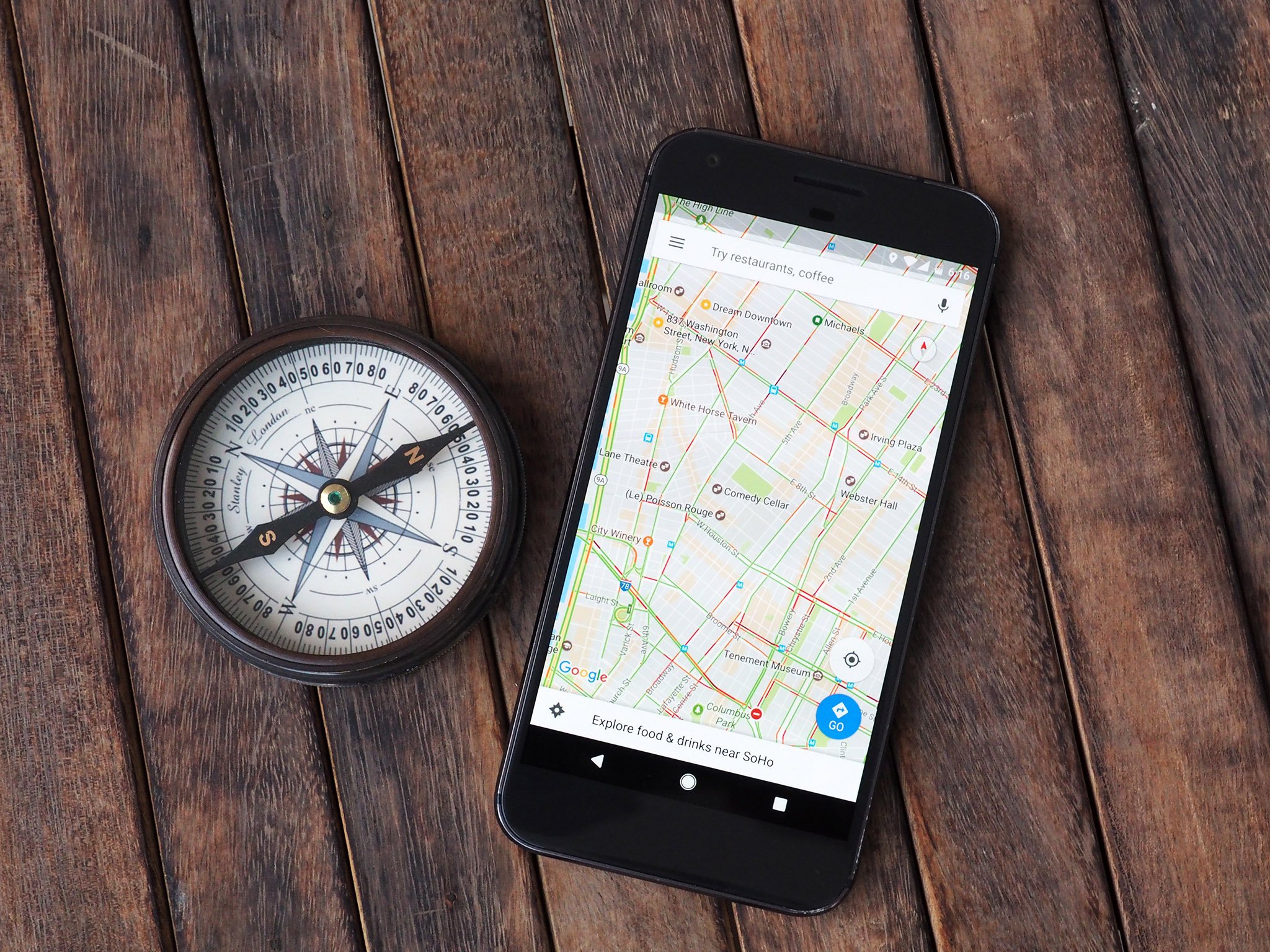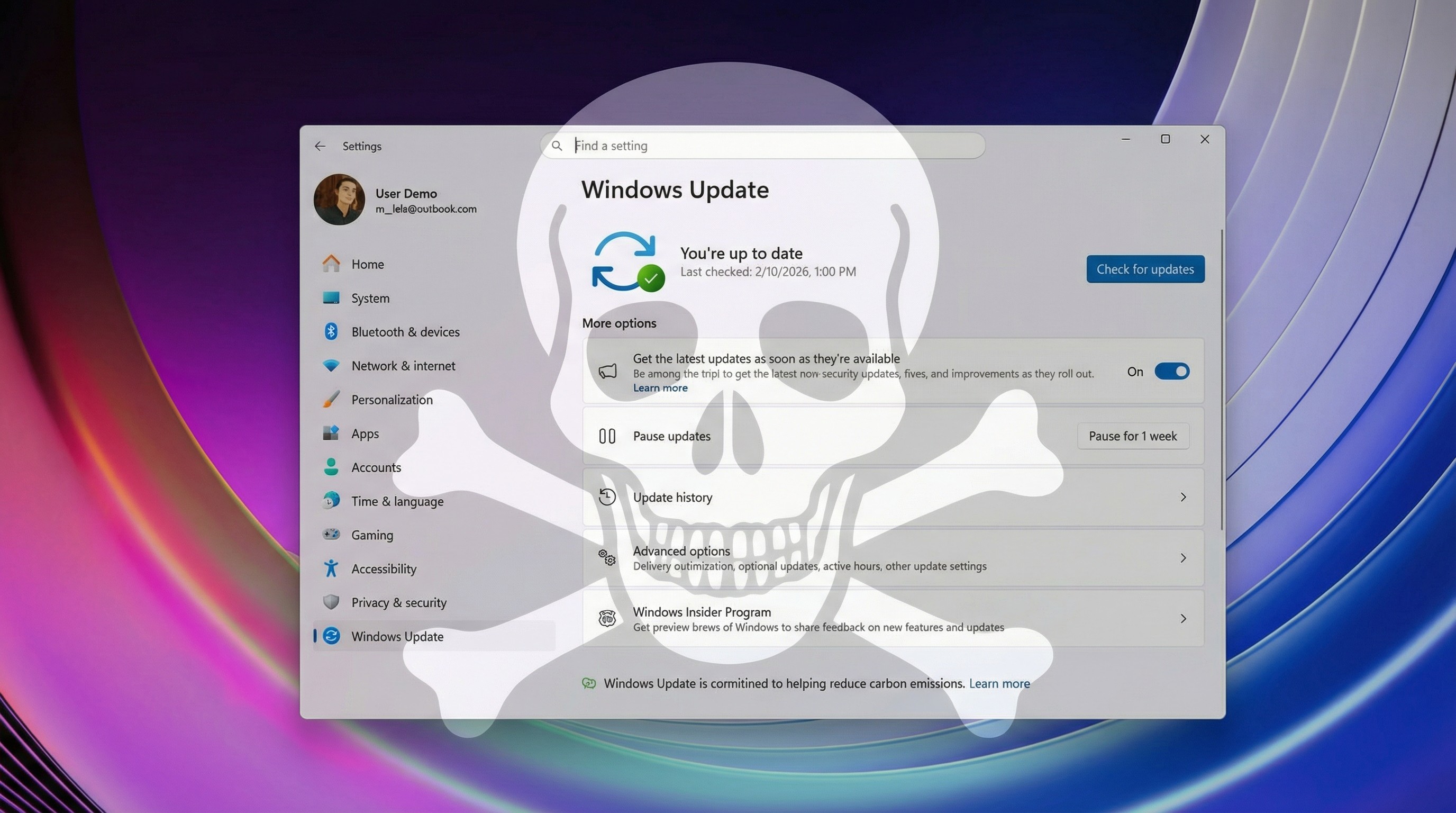Supreme Court rules that police need warrants to get phone location info
The decision was ruled in favor with a 5-4 vote.

All the latest news, reviews, and guides for Windows and Xbox diehards.
You are now subscribed
Your newsletter sign-up was successful
The United States Supreme Court issued a ruling on June 22 stating that police must first get an official warrant before they can use cell tower data to track someone's location.
This ruling comes from the Carpenter v. United States case that dates back six years to 2011. Timothy Carpenter was arrested for a robbery in Detroit during that year, but only after police tracked down 12,898 locations of Carpenter over the course of 127 days. However, the police obtained all this data without any sort of warrant.
With the June 22 decision from the Supreme Court, Chief Justice John Roberts says:
Given the unique nature of cell phone location records, the fact that the information is held by a third party does not by itself overcome the user's claim to Fourth Amendment protection.
Furthermore, as noted by Democratic Senator Ron Wyden:
The court's recognition that digital devices can generate 'near-perfect surveillance' of a person's private life is a validation of the vital protections against unreasonable search and seizure provided by our Constitution
The Supreme Court voted 5-4 in favor of this decision and noted that this will not affect other "conventional" surveillance methods such as security cameras.
Prior to this ruling, U.S. carriers also came under fire for the way they were handling user location info. Shortly after it was discovered that location data was being shared and sold to third parties, Verizon, AT&T, and T-Mobile all announced that they were stopping this practice.
Of course Facebook 'shared' data with phone makers — but only because you let it happen
All the latest news, reviews, and guides for Windows and Xbox diehards.

Joe is a Former Contributor for Windows Central.
